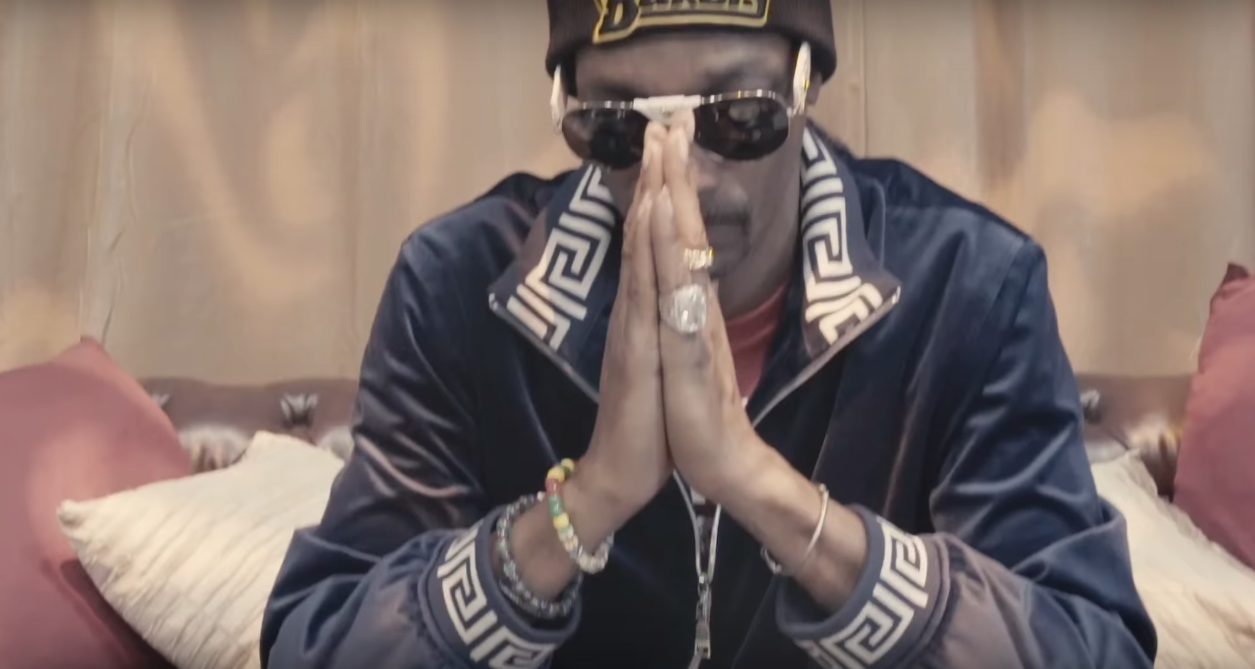Four-year-old Natalie Green’s mighty voice echoed across Madison Square Garden. “We don’t want no devils in the house, God,” she sermonized, “we want the lord — and that’s it.” It was the first taste we got of The Life of Pablo, Kanye West’s enigmatically unhinged seventh record. In the days leading up to that fateful February afternoon, West had tweeted that Pablo would be rooted in gospel, though given how many times he had changed the album’s name (So Help Me God, anyone?), it was difficult to discern what he had meant by the tweet. But that day, surrounded by his disciples, West turned Madison Square Garden into a church, and Green’s preaching became so much more than the earnest voice opening one of 2016’s biggest records — it ushered in a resurrection of gospel in mainstream music culture.
Gospel, as a genre, was birthed out of the black American experience in the early 17th century, when biblical hymns would be adapted as call and response work songs. In those times of extraordinary plight, resilience flourished through spirituals, songs that would eventually form the basis of what we view as traditional gospel music. Wherever you listened in 2016, it seemed as if gospel was the omnipresent force behind so many of the year’s biggest secular records — albeit a modernized version of the genre, one that accommodated spiritual intersectionality in an effort to combat the populist fervor sweeping the nation.
West’s Pablo is one of the most illustrative examples, as well as Chance the Rapper’s Coloring Book; both are steeped in Chicago gospel. “If you’re speaking God’s word, then you’re creating gospel music,” producer Nate Fox told i-D. He’s a member of The Social Experiment with production and writing credits on Coloring Book‘s most devout tracks. “With so much negativity today, it’s only natural that people be drawn towards the things with light.”
The sound has trickled from the biggest pop records down to the alternative realm. Beyoncé’s Lemonade kicks off on a hymnal note, with “Pray You Catch Me,” a track penned with James Blake. Blake’s own record, The Colour In Anything, also draws from the genre, warping it into electronic iridescence. His collaborator and friend Justin Vernon’s latest release as Bon Iver, the mathematical 22, A Million, is loaded with samples, many of which come from the gospel cannon. And the same can be said of The Avalanches’s lauded comeback album, Wildflower.
Many of last year’s most acclaimed new artists also took notice. The latest projects from Noname and serpentwithfeet are each suffused with gospel influences. The closing track of Moses Sumney’s terrific Lamentations EP, “Incantation,” sung entirely in Hebrew, is a lush meditation on salvation. Anderson Paak’s sophomore LP, Malibu, is an exercise in spiritual soul, as is his work with Knxwledge. “We’re both church kids,” Paak told Rolling Stone regarding his friendship with the producer, “I listened to a lot of gospel with him.” It is fitting, then, that the pair’s collaborative project is titled Yes Lawd! And even memes have received the gospel treatment recently — look no further than Shirley Ceasar’s “You Name It” sermon, which was remixed by Snoop Dogg.
This heavy emphasis on gospel illuminates an interesting phenomenon within American culture: while many of the frustrations of the political right are rooted in the supposed death of godliness within society, religion remains, in fact, a crucial component of mainstream popular culture today. It provided solace through which the music community — in particular, the black music community — tried to pacify the fervor of 2016. And in 2017, we’ll still need a good deal of that faith.
Though it remains to be seen how the new gospel will continue to manifest, it shows no signs of letting up. Sampha’s long-awaited debut LP, Process, due in February, will feature the hauntingly hymnal “Timmy’s Prayer.” And if Father John Misty’s follow-up to I Love You Honeybear sounds anything like his devastating post-election ballad “Holy Hell,” expect more Tillman ruminations on church and state. As President-Elect Trump resorts to booking televangelists for his inauguration, and right-wing media attempts to deepen an assumed rift between what is politically correct and what is religious, curiously, it is secular artists who remain the most luminous beacons of faith in pop culture.
Credits
Text Salvatore Maicki
